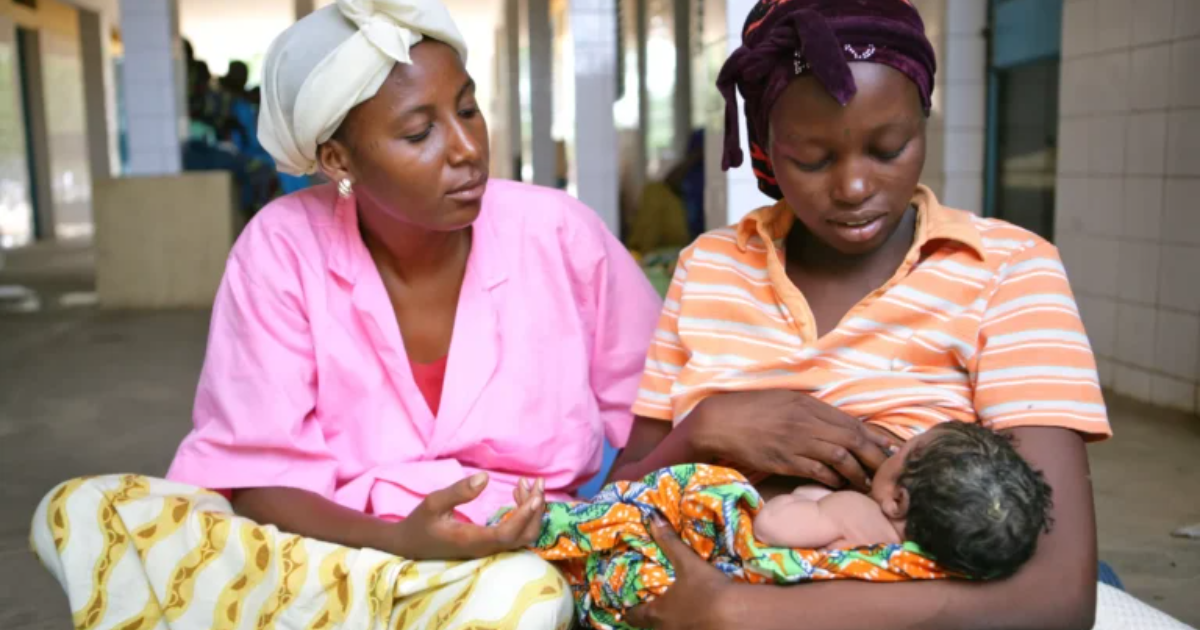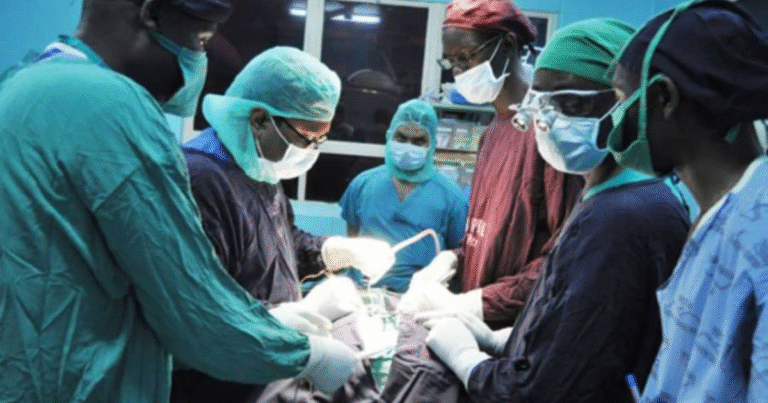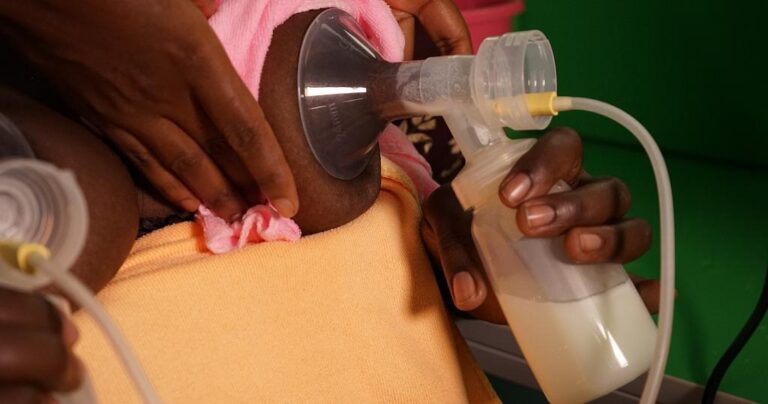As the world marks World Breastfeeding Week under the theme “Prioritise Breastfeeding: Create Sustainable Support Systems”, the World Health Organization (WHO) and the United Nations Children’s Fund (UNICEF) have jointly called on governments to invest more in breastfeeding support as a critical step toward improving child health and survival.
In a joint statement, WHO Director-General Dr. Tedros Adhanom Ghebreyesus and UNICEF Executive Director Catherine Russell emphasized that breastfeeding is one of the most effective ways to ensure a baby’s health, development, and survival in the earliest stages of life.
“Breastfeeding is a baby’s first vaccine, offering protection against diseases including diarrhoea and pneumonia,” the statement read. “Investing in breastfeeding is investing in the future, yet only 48% of infants under six months are exclusively breastfed – far below the global target of 60% by 2030.”
Gaps in Support and Health Systems
Despite the known benefits, millions of mothers worldwide do not receive the timely, skilled breastfeeding support they need, especially in healthcare settings. Only 20% of countries currently include infant and young child feeding training in the education of doctors and nurses who care for new mothers, leaving many women without proper guidance after childbirth.
In many countries, health systems remain under-resourced, fragmented, or poorly equipped to provide quality and consistent breastfeeding support. This lack of investment, WHO and UNICEF warned, has long-term consequences for both public health and economic development.

Economic Returns of Breastfeeding Investment
The organizations stressed that every dollar invested in breastfeeding support yields an estimated US$35 in economic returns through improved health outcomes, reduced healthcare costs, and increased productivity.
“Strengthening health systems to support breastfeeding is not just a health imperative, it is a moral and economic imperative,” Dr. Tedros and Ms. Russell stated.
Call to Action
WHO and UNICEF are urging countries to take concrete steps to prioritize breastfeeding, including:
- Increasing investment in equitable, quality maternal and newborn care, including breastfeeding services.
- Raising national budget allocations for breastfeeding programmes.
- Integrating breastfeeding counselling into routine maternal and child health services from pregnancy through postnatal care.
- Training all health providers in breastfeeding support, including those working in emergencies.
- Strengthening community health systems to ensure continued breastfeeding support for up to two years and beyond.
- Protecting breastfeeding by enforcing the International Code of Marketing of Breast-milk Substitutes in all health facilities.
A Shared Commitment
WHO and UNICEF reaffirmed their commitment to helping countries build resilient health systems that ensure no mother or child is left behind.
World Breastfeeding Week is observed annually from August 1–7 to raise awareness about the importance of breastfeeding and to promote policies and programmes that support mothers and infants worldwide.
Source: WHO & UNICEF





